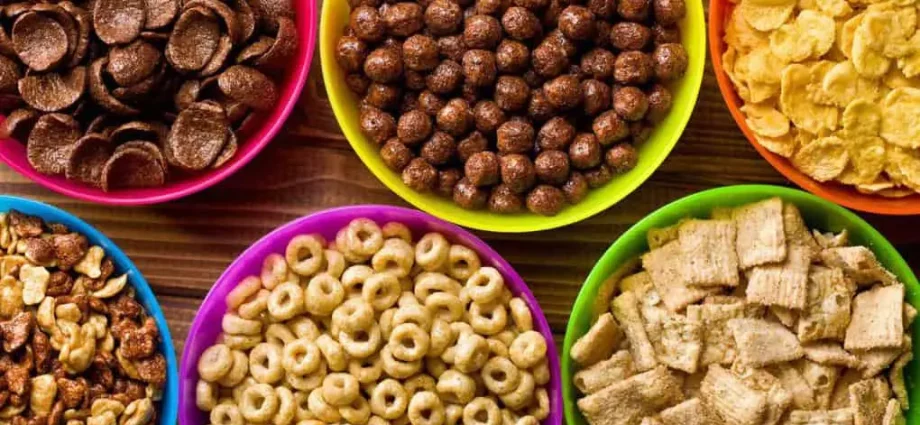Contents
A few decades ago, buyers could not even dream of such a variety of goods as they are now. The abundance of products, household chemicals, clothes and toys will confuse anyone.
Many adults do not pay attention to the usefulness and composition of products, they eat what they want (or what they have enough money for). This rule does not apply to children. Parents want the best for their child, so they are very careful when buying products for their child.
But most often they are guided not by the composition of the product, but by the advice of friends or happy children from advertising. People buy juices, cheeses, chocolate, naively believing that all this will bring invaluable benefits to the child’s body. If you have a small child, read our article.
Below are the top 10 most dangerous foods for kids that you think are good for you. Perhaps you will change your attitude to certain foods and rethink your child’s diet.
10 Cereal
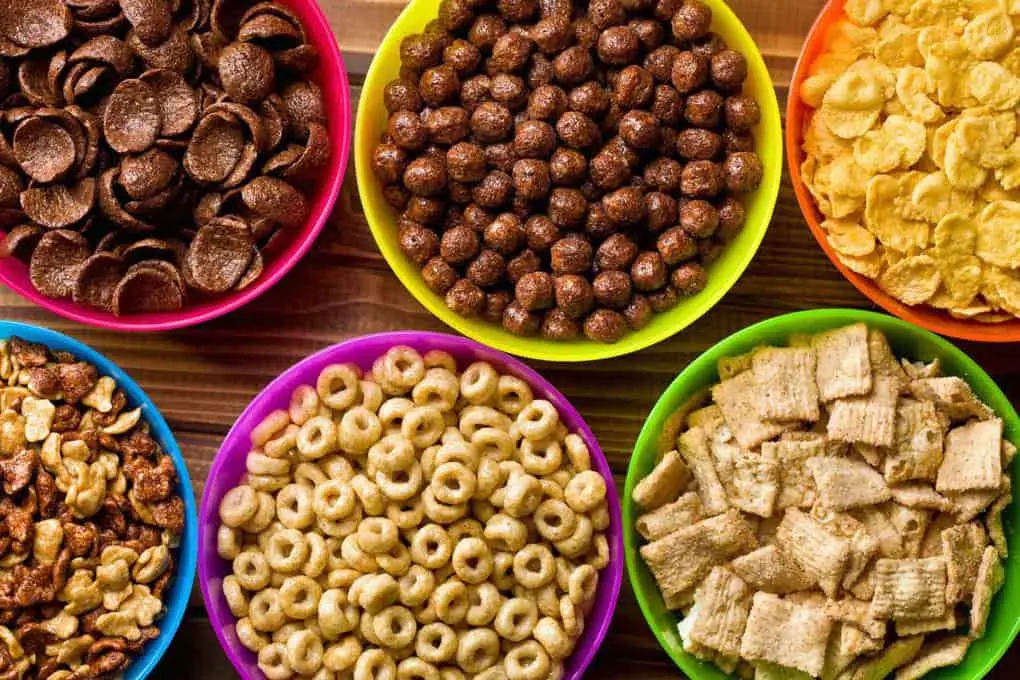
That’s the ubiquitous advertisement. Happy girls and boys eat exclusively “stars” and “balls” for breakfast. Parents are also happy: now there is no need to cook, the child will receive all the necessary substances from breakfast cereals.
We have to disappoint you: there is nothing useful in them. Dry breakfasts are made from grains of wheat, oats, corn, the shell is removed, leaving only easily digestible carbohydrates. After a couple of hours, the child will want to eat again.
Dry breakfasts contain a large amount of salt and sugar. They have enough dyes and harmful additives. In addition, dry breakfasts are not cheap. If you want to feed your child with a healthy breakfast, do not reinvent the wheel, cook porridge. For beauty and taste, you can add fruits.
9. Grapes
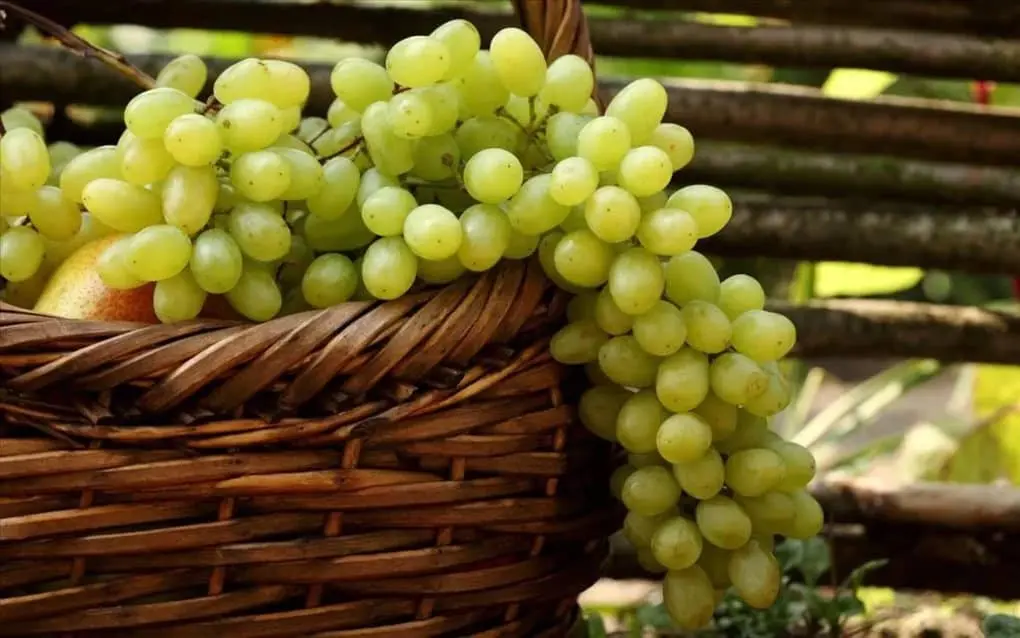
It cannot be said that grapes bring only harm. There are many useful substances in the berry, but it should be given to children with caution. It is high in calories, hard to digest, in some cases causes gas formation and thinning of the stool, is harmful to tooth enamel, and can cause allergic reactions.
You can easily choke on grapes, you should not give it to a child who has not learned to chew food thoroughly. Pediatricians recommend giving grapes no earlier than 2 years. It is not at all necessary to comply with this restriction, only you need to act wisely.
If you want to please your baby, add grapes to compotes, casseroles. After heat treatment, the berry loses its properties that provoke fermentation processes.
8. Honey
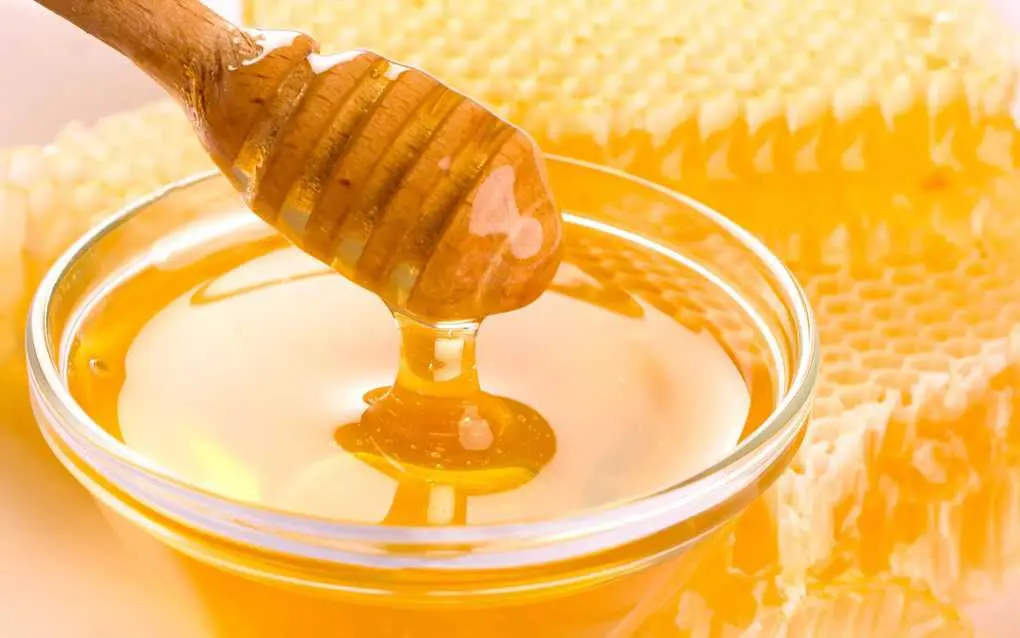
Many parents believe that sugar should not be given to a child, but a spoonful of honey will definitely not hurt. “This is a natural product,” they think. Opinion of doctors – not earlier than 2 years.
Honey, of course, has many beneficial properties, but it can cause a severe allergic reaction. It’s not the worst thing that can happen. Honey contains bacteria that do not linger in the body of an adult. He has developed protective functions that the child does not have.
Bacteria can provoke a serious disease – botulism. There is a defeat of the nervous system, muscle paralysis. If you do not want to risk, do not give honey to a small child.
7. Yogurt

It is no longer a secret to anyone that the advertised yogurts actually do not carry any benefit. They are stored for a long time, they contain a large amount of sugar, artificial additives and dyes.
What now to completely abandon yogurt? Of course not, just consider their choice more carefully. First, pay attention to the expiration date. It should not exceed 2 weeks. The shorter the shelf life, the healthier the yogurt.
Give preference to those that do not contain preservatives, dyes and sugar. If the child refuses to eat natural yogurt, add fresh fruit there.
6. Semolina
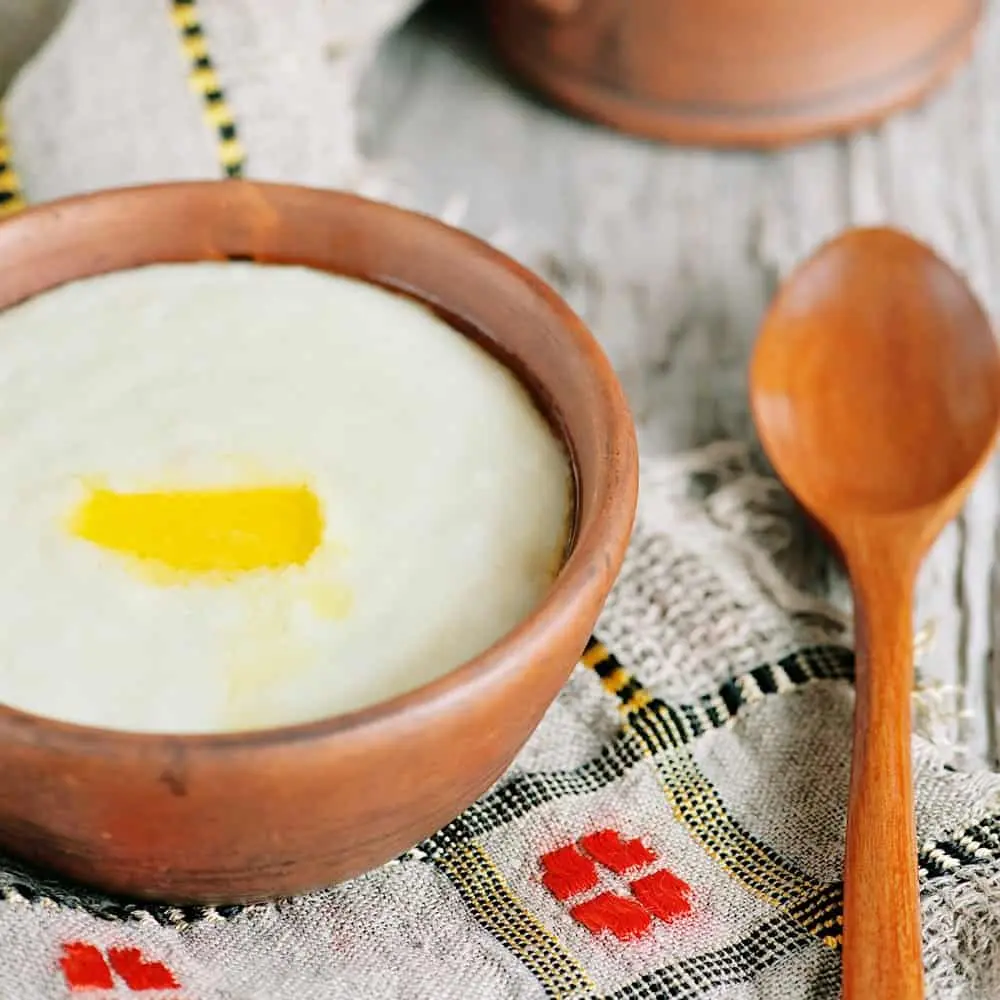
Contrary to popular belief that any porridge is useful, this is not entirely true. Semolina porridge, which was previously fed to newborns, does not do any good. After processing, no useful substances remain in the cereal, only carbohydrates.
Semolina is very high in calories. Therefore, you should not listen to your mother and grandmother, who say that “more than one generation has grown up on semolina.” It is, but do not forget that in those days, parents often had no alternative.
Either leave the child hungry, or feed him semolina. If the child is very young, offer him a quality adapted formula. If the child is older, cook any other porridge for him for breakfast.
5. Juice
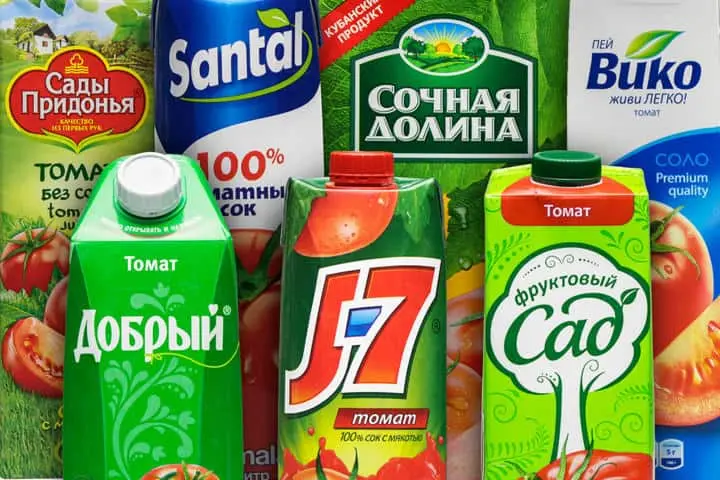
It is not easy to refuse a child to buy another box of juice. When buying it, remember that the juice contains a lot of sugar. If a child drinks a drink too often, the load on the pancreas increases.
In addition, there are a lot of preservatives, dyes and other harmful substances in juices. There are no vitamins here. If your child is used to juice, it will be very difficult to refuse it.
In this case, you can prepare freshly squeezed juice and be sure to dilute it with water. Just do not forget that you should not get carried away with juices, even freshly squeezed ones.
4. Glazed curd bars
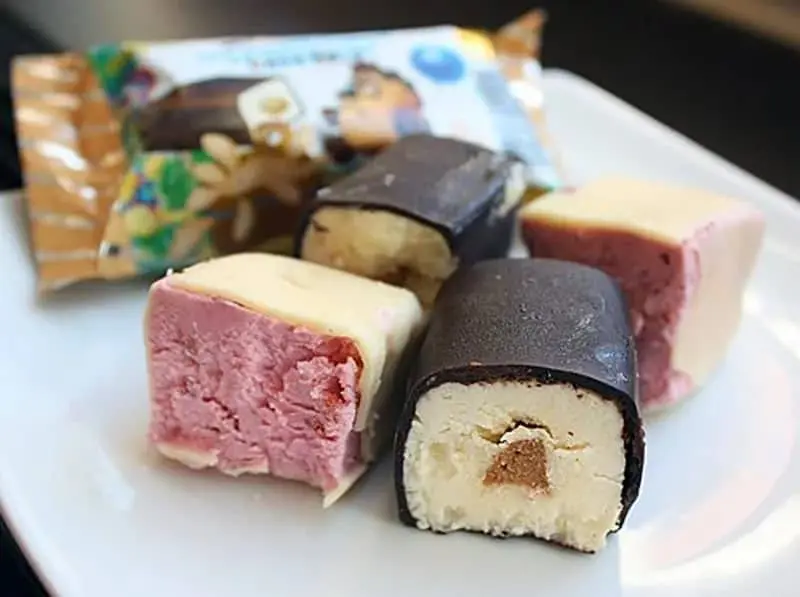
Most parents perceive glazed curds as a tasty and healthy snack. In fact, there is a huge amount of sugar, cheap fats, dyes, emulsifiers and other additives. In addition, because of the “chemistry” it is difficult to assess the quality of the cottage cheese from which the curds are made.
Often there is no need to talk about any quality. The well-known program “Test Purchase” conducted an analysis of the composition of some brands of glazed curds. In most cases, the amount of preservatives in the product was several times higher than the numbers indicated on the packaging.
And some even contained E. coli bacteria and mold, which is difficult to see with the naked eye. If your child is crazy about glazed curds, you can make your own. There are enough recipes on the Internet, and you no longer have to worry about the usefulness of the product.
3. Cow’s milk
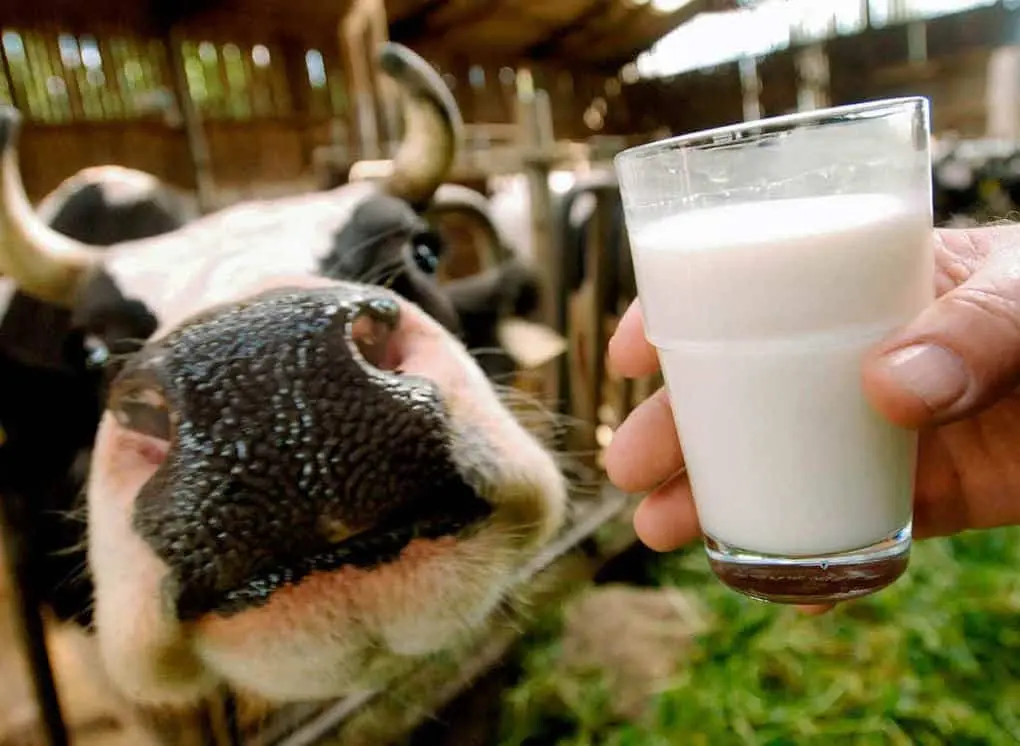
Cow’s milk is very beneficial. The content of proteins and nutrients in it is 3 times higher than their content in women’s breast milk. At first glance, this may seem like a big plus, but in fact there is nothing good here.
Excess protein and nutrients lead to a large load on the kidneys. The baby does not have the enzymes to help it digest cow’s milk. It contains casein, which can cause a severe allergic reaction or even intestinal bleeding. Don’t risk your child’s health. You can taste cow’s milk for the first time at 2 years old.
2. Nuts
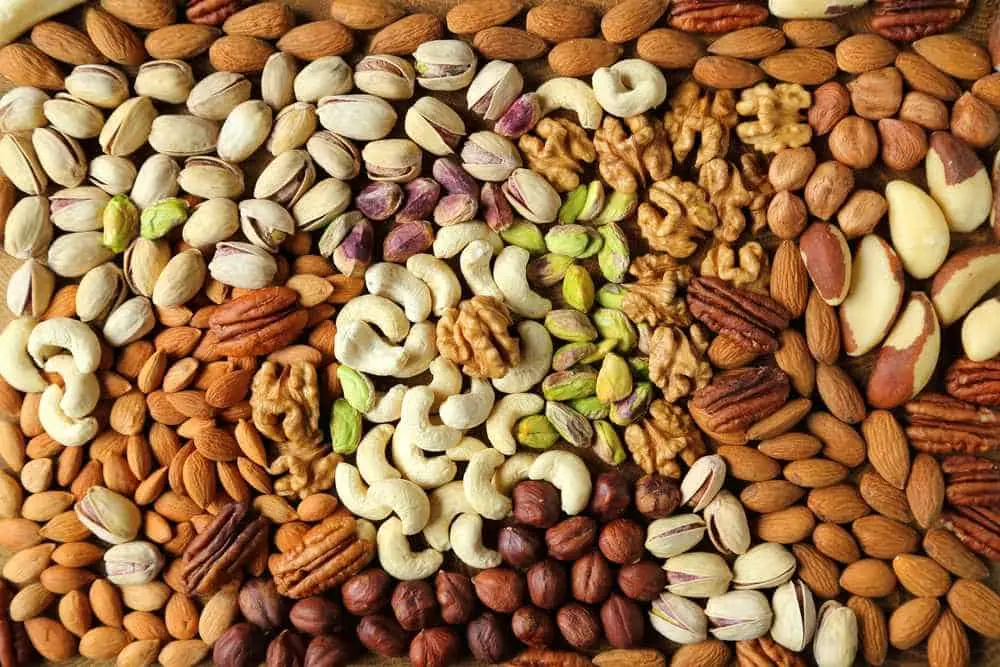
A very healthy and tasty product that children should be given with caution. Pediatricians recommend including them in the diet of a child after 3 years, and children with allergic reactions even later.
Allergies are the most common reason why nut exposure should be postponed. In principle, there is nothing wrong with nuts, only the product must be of high quality.
You need to carefully monitor the child so that he does not choke. Nuts are very high in calories, so the daily dose should not exceed the recommended one. Still, do not rush to treat your child with nuts, this food is very difficult to digest.
1. mushrooms
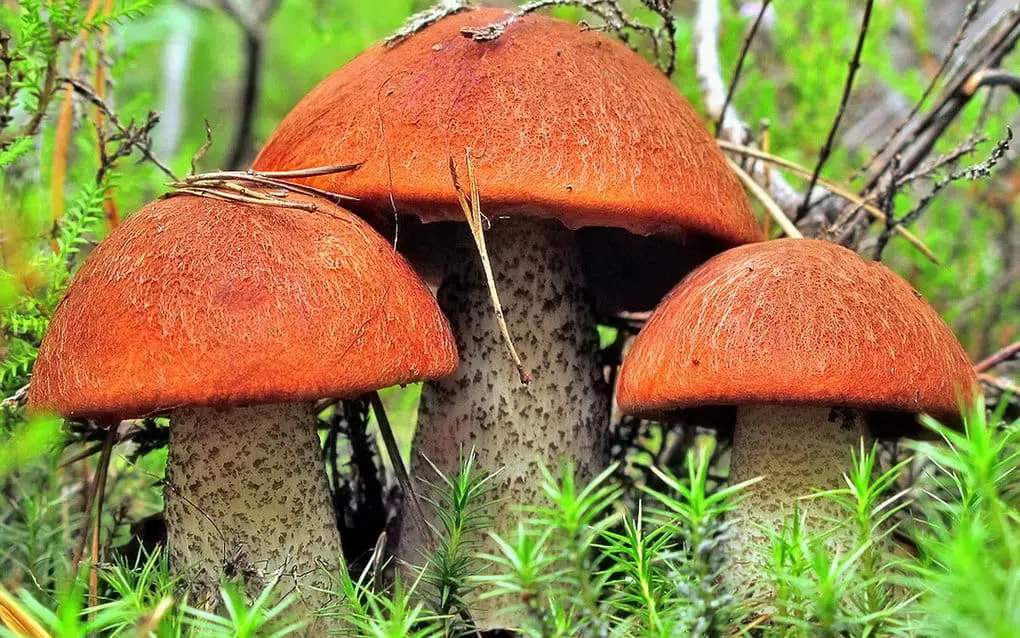
Mushrooms have great nutritional value and are rich in B vitamins, but should not be given to children under 6 years of age. Each doctor has his own opinion on when you can try mushrooms for the first time (not earlier than 6-7 years).
They have too much fiber, it makes it difficult to absorb nutrients. Another reason why mushrooms should not be given to young children is toxicity.
They absorb toxins from the environment. If the body of an adult does not react to them, then the child’s body is very sensitive to harmful substances. Do not rush to give the child mushrooms, he still has time to try everything.










